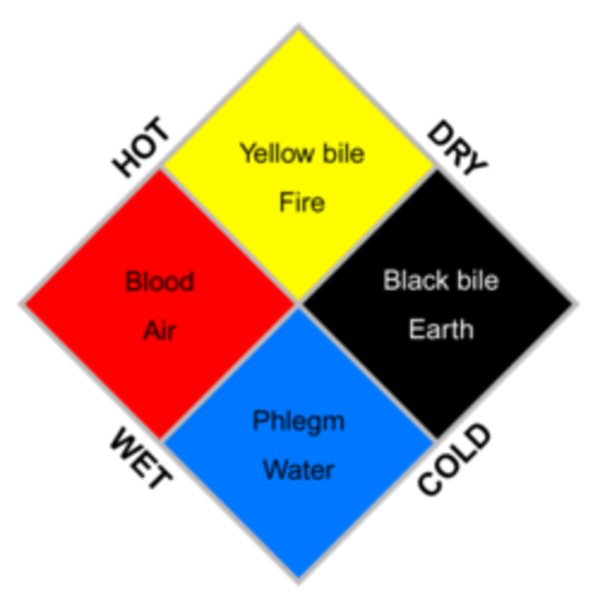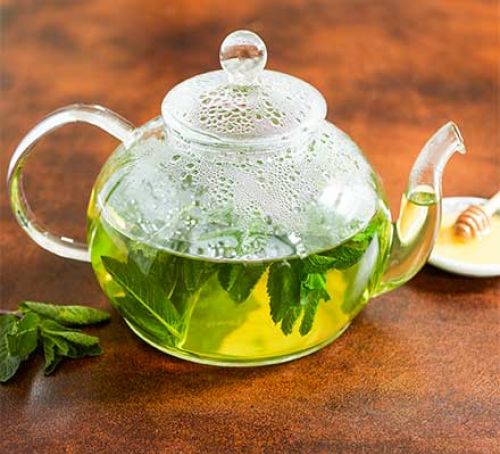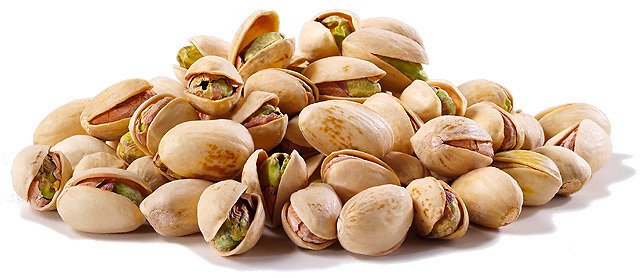The indigenous healing tradition of Afghanistan is called Yunani, from the word for “Greece.”
A quick thread on this fascinating natural healing practice.
A quick thread on this fascinating natural healing practice.
Yunani is a fusion tradition found in India, Afghanistan, Central Asia, and parts of the Middle East. It is a product of centuries of cultural intermixing, translation, and the interaction of a religious paradigm with local customs.
It is heavily influenced by the Hellenic tradition, especially Galen, and the belief of the four humors: phlegm(balgham), blood (dam), yellow bile (ṣafrā) and black bile (saudā& #39;) along with the four elements, fire, air, water, earth.
The Greek tradition is filtered through the Arabic, which is filtered through the Persian, to which South and Central Asian local traditions are sutured on. At its height during the Mughal dynasty, Yunani was a parallel and somewhat overlapping tradition with Ayurveda.
Like most indigenous healing traditions, Yunani views health in a holistic fashion and its methods are about dietary regiments, lifestyle changes, spiritual practices, as well as herbal and natural remedies.
The goal being balance in the patient’s body.
The goal being balance in the patient’s body.
Issues like melancholia and anger are equally viewed as imbalance as bodily issues. Emotional and psychic health is intimately tied to physical well-being.
Yunani addresses both physical ailments and spiritual ones.
Yunani addresses both physical ailments and spiritual ones.
The method of the practitioner is 1. Diagnosis 2. Elimination of the imbalance 3. Normalization of the humors.
A normal treatment could involve prayers, herbal mixtures, massage of the body, cupping, and lifestyle change.
Some examples of Yunani healing:
A normal treatment could involve prayers, herbal mixtures, massage of the body, cupping, and lifestyle change.
Some examples of Yunani healing:
For nausea & vomiting mix salt & dried mint & recite Ayatul Kursi. Consume to settle imbalance of sauda in stomach. Salt & mint are used to restore humor balance & the recitation of the Quranic ayat to purify the mixture.
A change in diet is then used to normalize the humors.
A change in diet is then used to normalize the humors.
Another remedy is “kapa” a spice and herbal mixture that varies from practitioner to practitioner but is usually a mix cardamom, anise, fennel, ginger, cumin and other ingredients.
It is used as an all-cure for stomach issues.
It is used as an all-cure for stomach issues.
For headaches, valerian & mint tea are brewed and sipped while resting in a dark room, wearing light clothes. But if the illness is caused by imbalance of phlegm, anise is boiled in fresh water, mixed with honey and rubbed on the back of the neck, then the feet are to be massaged
For night terrors caused by imbalance of humors, the patient is told to restrict food before sleep and cupping is prescribed on the back and a small bowl of yogurt and honey is to be consumed before bed.
If the night terrors involve images of monsters and paralysis, a jinn may be involved so the remedy is adjusted to recitation of Ayatul Kursi and 4 Quls then lightly blow the prayer on the patient. A cup of water is then placed next to the bedside which should not be drunk.
The patient is then advised to quietly and internally recite Ayatul Kursi while they are suffering from the terror until it passes then afterward to get up, throw away the cup of water by the bedside, to massage the limbs, then return to bed.
To assist in conceiving, men and women should increase pistachios and walnuts in their diets and women should drink catnip tea. Another tea can be made from spearmint, cardamom, and ground ginger.
Yunani is a robust healing practice that nearly died off with the arrival of colonial medicine, but is still practiced as a form of folk-healing—though sometimes dismissed as superstition.
I’ll write a thread about the herbology/botany of Yunani at another time.
I’ll write a thread about the herbology/botany of Yunani at another time.
@RahmatiFatima the promised thread

 Read on Twitter
Read on Twitter






